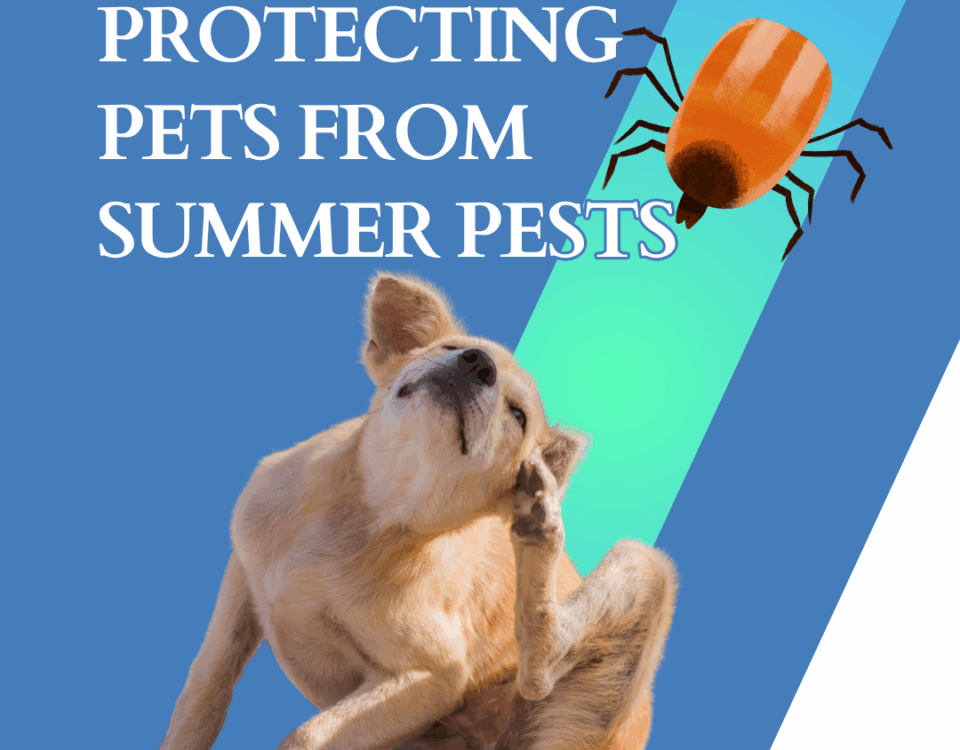Car Travel
April 22, 2014Finding a Lost Pet
May 13, 2014Azalea/Rhododendron: Members of theRhododendron species (also known as azalea) contain substances known as grayantoxins, which can produce vomiting, drooling, diarrhea, weakness, and depression of the central nervous system in animals. Severe azalea poisoning can even lead to death from cardiovascular collapse.
Chrysanthemum: These popular blooms are part of the Compositae family, which contains pyrethrins that may produce gastrointestinal upset including drooling, vomiting, and diarrhea, if eaten. In certain cases, depression and loss of coordination may also develop if enough of any part of the plant is consumed.
Cyclamen: Cyclamen species contain cyclamine, a toxin that can produce significant gastrointestinal irritation and intense vomiting. The highest concentration of cyclamine is actually in the root portion of cyclamen, though the entire plant should be avoided.
Daffodil: Yes, even the popular daffodil—aka Narcissus—can cause vomiting, salvation, and diarrhea when ingested. Large ingestions can lead to convulsions, low blood pressure, tremors, and cardiac arrhythmias. And beware: bulbs are the most poisonous part.
English Ivy: Also called branching ivy, glacier ivy, needlepoint ivy, sweetheart ivy, and California ivy, Hedera helix contains triterpenoid saponins that, if ingested, can result in vomiting, abdominal pain, hypersalivation and diarrhea.
Kalanchoe: Commonly referred to as the Mother-In-Law plant, the Kalanchoe species contains components that can produce gastrointestinal irritation, as well as those that are toxic to the heart, and can seriously affect cardiac rhythm and rate.
Lily: While they’re not toxic to dogs, members of the Lilium species are especially dangerous for cats. The ingestion of even a small amount of this plant can lead to severe kidney damage for your feline friend.
Oleander: All parts of Nerium oleander are considered toxic, as they contain cardiac glycosides that have the potential to cause serious effects—including gastrointestinal tract irritation, abnormal heart function, hypothermia and even death.
Sago Palm: Sago Palm, along with other members of the Cycad family, is highly toxic to dogs, cats, and horses. The ingestion of just one or two seeds from this plant can result in very serious side effects, including vomiting, diarrhea, depression, seizures and liver failure.
Tulip: Tulips contains toxins that can cause vomiting, depression, diarrhea, and hypersalivation. Although the entire tulip plant is considered toxic, it is the bulb that is the most poisonous to animals.
Though this list covers ten of the most common springtime toxins, it is important to note that more than 700 plants have been identified as potentially harmful to animals! Please visit our full list of toxic and non-toxic plants to make sure that your garden is safe for your pets.



